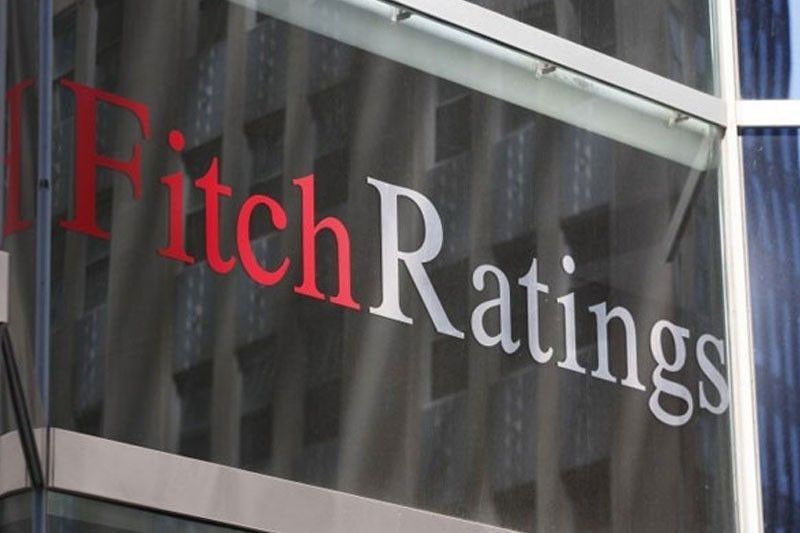Fitch affirms Philippines investment grade

Sees output exceeding pre-pandemic levels
MANILA, Philippines — Fitch Ratings has affirmed the credit rating of the Philippines at BBB, a notch above minimum investment grade, as it expects the country’s output to exceed pre-pandemic levels in the second half of the year. The debt watcher noted that the country’s gross domestic product (GDP) grew by 7.8 percent in the first half of the year, but is expected to slow down starting in the second half amid monetary tightening, high imported inflation and weaker global demand.
“We forecast real GDP growth of 6.8 percent in 2022 on strong domestic demand, reflecting normalization of economic activity after the pandemic and the government’s investment program,” Fitch said.
The latest forecast is slightly lower than the 6.9 percent projection made by the credit rating agency last February.
It also lowered its GDP growth forecast for 2023 to 5.5 percent instead of seven percent, as global growth is seen slowing down to 1.7 percent next year before picking up to 2.8 percent.
For 2024, Fitch sees the economic output of the Philippines expanding at a faster pace of 6.2 percent.
Another downside risk, Fitch said, is that the Bangko Sentral ng Pilipinas (BSP) may raise benchmark interest rate beyond its projected 5.25 percent.
“Further growth risks stem from potential economic scarring from the pandemic, in particular, due to learning losses,” Fitch said.
“We think its inflation-targeting framework remains credible and we expect rates to rise further, potentially beyond our assumption of 5.25 percent by end-2022, if domestic inflationary pressure continues to build,” Fitch said.
While the central bank’s Monetary Board has already raised key policy rates by 225 basis points so far this year, bringing the overnight reverse repurchase rate to 4.25 percent, BSP Governor Felipe Medalla signaled the need to match the aggressive rate hikes by the US Federal Reserve to tame inflation and stabilize the peso.
Fitch sees inflation quickening to 5.5 percent this year before easing to 3.5 percent next year from 3.9 percent in 2021, fueled by higher commodity prices and currency depreciation.
It added that any interventions in the foreign exchange market to support the peso are likely to remain limited.
The government has now repaid all of the P540 billion or over two percent of GDP in advances that the central bank made to it in 2020, although the central bank’s holdings of government securities remained above pre-pandemic levels at P1.5 trillion in September.
“The government’s response to the commodity price shock has been measured, and it has resisted calls to impose blanket fuel subsidies,” it said.
According to Fitch, it expects the current account deficit to widen to five percent of GDP at $20 billion in 2022 from 1.5 percent last year, driven by higher commodity imports and strong demand, before easing to 1.8 percent of GDP by 2024.
“The current account deficits have put pressure on foreign exchange reserves, although we expect ample reserve coverage at about six months of current external payments. The country’s net external creditor position is likely to remain somewhat stronger than the BBB median,” it added.
Fitch also affirmed the negative outlook of the Philippines due to the country’s medium-term growth prospects, fiscal adjustment path, and external buffers in an environment of higher interest rates, weaker external demand, and higher commodity prices.
According to the debt watcher, the BBB rating balances strong growth, external finances, and a credible economic policy framework against lagging structural indicators, including per capita income and governance, relative to peers.
Fitch sees the country’s general government deficit to narrow to 4.3 percent of GDP this year and further to 2.4 percent of GDP by 2024 from 4.8 percent of GDP in 2021. This is consistent with a narrowing of the budgetary central government deficit to eight percent of GDP in 2022 and 6.3 percent of GDP by 2024 from 8.7 percent of GDP in 2021.
- Latest
- Trending






























